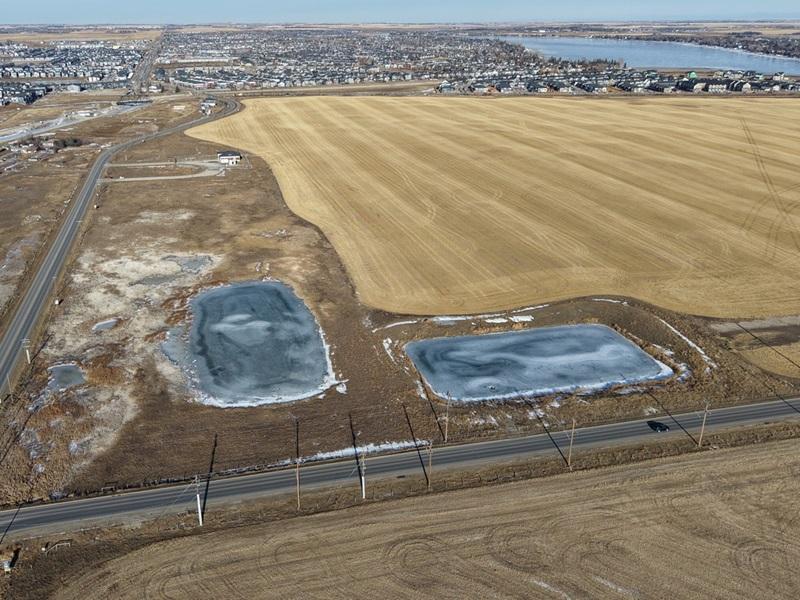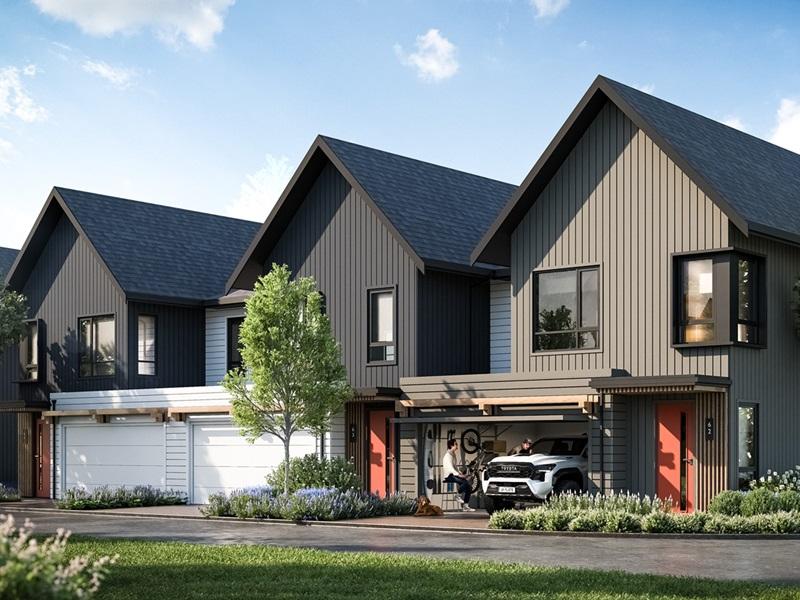 The Canadian Home Builders' Association's quarterly Housing Market Index (HMI) of industry sentiment tumbled significantly in Q4 2023, setting a new low of 24.6 in the single-family sector.
The Canadian Home Builders' Association's quarterly Housing Market Index (HMI) of industry sentiment tumbled significantly in Q4 2023, setting a new low of 24.6 in the single-family sector.
That reflects a 9.3 point decline from Q3 when the rating was at 33.9 (the scale is ranked from a low of 0 up to 100).
The multifamily sector index also fell, dropping 4.5 points to 29.1, just above its all-time low of 26.0 in Q4 2022 during the height of the COVID-19 pandemic lockdowns.
In its announcement of the results, which are compiled from responses provided by homebuilders from across Canada, the CHBA reports the lower sentiment is a bad sign for potential housing starts in 2024.
Especially with national housing vacancy at critical lows and governments at all levels focused on trying to increase supply.
“The takeaway is that the interest rates are directly lowering the feasibility of building much-needed new housing supply - we saw this in 2023 and it will continue in 2024," CHBA CEO Kevin Lee said when the results were released on Tuesday.
"The 2022 federal budget set a target of building 5.8 million homes over the next decade – that’s 3.5 million more than we normally would build – yet total housing starts have fallen in two consecutive years thanks to high interest rates and insufficient policy response."
CMHC reported fewer housing starts in 2023
The sentiment is also reflected in urban housing starts statistics released by the Canada Mortgage and Housing Corp. in January.
The CMHC said total housing starts in the country dipped seven per cent last year to 223,513 from 240,590 (CMHC surveys communities of over 10,000 residents for the data).
Among single-family builders in the CHBA survey, 57 per cent of respondents rated current selling conditions as "poor," down 10 points from the Q3 survey.
There was marginal optimism for improvement with 45 per cent expecting conditions to remain poor during the first half of 2024 and 43 per cent forecasting fair conditions.
Among multifamily builders, 53 per cent considered conditions poor in Q4.
The CHBA notes that during 2023 the annual average increase in mortgage interest costs was 28.5 per cent according to the Consumer Price Index, the largest annual rise on record.
Interest rates are a key indicator of potential sales for homebuilders and are also impacting closings of homes which had already been sold.
Approximately one-third of builders in the survey reported needing to make closing accommodations for buyers or reported buyers seeking alternative lending solutions.
CHBA contends this will also impact builder decisions about going ahead with new developments in 2024.
In 2023, 61 per cent of builders in the survey reported having fewer housing starts than in 2022. Looking ahead, 77% of builders said they anticipate the same level or fewer starts for 2024.
More "focused" government policies needed
“All levels of government need housing policy that is focused and coordinated on improving affordability and supply through smart policy changes," Lee said in the announcement.
"In terms of the high-interest environment, our top recommendations that would provide immediate results are no-cost-to-government policy options to help get well-qualified first-time buyers into the market; introduce 30-year amortizations for insured mortgages on new construction homes; and lower the mortgage stress-test qualifying rate in general and still more so for longer seven- and 10-year term mortgages.”
The survey also reported a familiar result when builders were asked about factors other than interest rates which contributed to them building fewer homes. The most prevalent answer was municipal processes at 47 per cent, followed by labour shortage (one third of respondents) and access to land (28 per cent).










